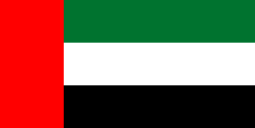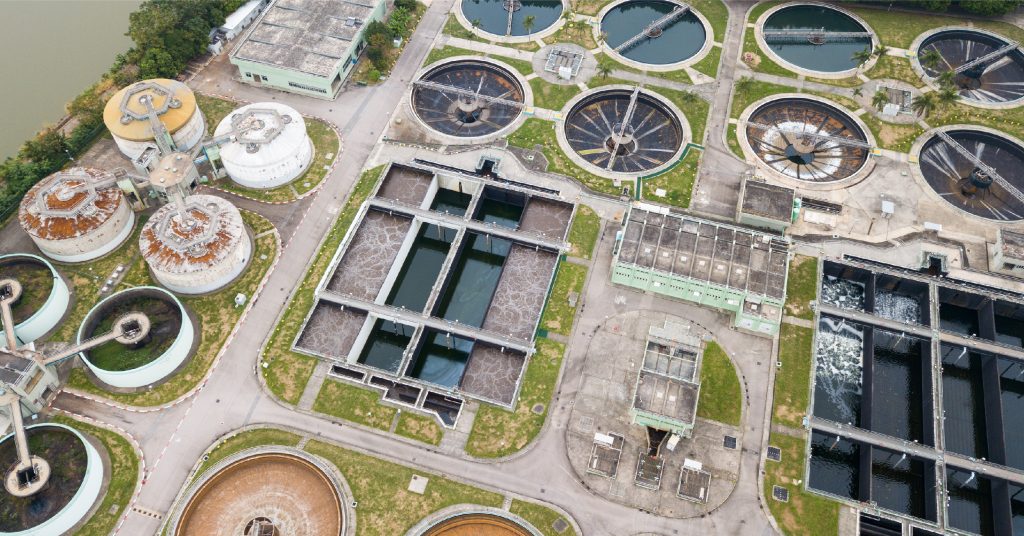The United Arab Emirates (UAE) is a region where water is invaluable. With increasing urbanization, industrialization, and limited freshwater availability, managing water resources efficiently has become crucial. Wastewater treatment is an essential process that ensures contaminated water from residential, industrial, and agricultural sources is purified and made suitable for reuse or safe disposal. This technology is a cornerstone of the UAE’s water sustainability efforts, contributing to environmental conservation and resource efficiency.
This blog explores the key methods used in wastewater treatment, the role of wastewater treatment plants, and the numerous benefits they bring to the UAE.
Understanding Waste Water Treatment
Wastewater treatment is the process of removing contaminants, including solids, organic matter, and harmful microorganisms, from wastewater to produce clean, treated water. This process involves physical, chemical, and biological methods designed to ensure that the treated water is safe for reuse or discharge into the environment.
A wastewater treatment plant is a facility specifically designed to handle this process. It uses advanced technologies and equipment to efficiently treat wastewater and transform it into a valuable resource for non-potable uses such as irrigation, industrial cooling, and landscaping.
Key Methods in Waste Water Treatment
Wastewater treatment plants in the UAE employ several methods, each tailored to meet specific water quality standards. Here are the primary methods used:
Preliminary Treatment
The first step in wastewater treatment involves screening large debris such as plastics, leaves, and rags to protect equipment from damage. This stage also includes grit removal to eliminate sand and gravel that can wear down machinery.
Primary Treatment
In this stage, wastewater enters sedimentation tanks where solids settle to the bottom as sludge while lighter materials like oils and grease float to the surface. This step removes a significant portion of suspended solids and prepares the water for further treatment.
Secondary Treatment
Secondary treatment focuses on removing dissolved and suspended organic matter through biological processes. Microorganisms break down organic pollutants, and common methods include activated sludge systems, trickling filters, and aerated lagoons. This stage is crucial for improving water quality and reducing pollutants.
Tertiary Treatment
Tertiary treatment, often referred to as advanced treatment, is the final stage that provides additional purification. It includes processes like filtration, nutrient removal (to eliminate nitrogen and phosphorus), and disinfection using chlorine or UV light. Tertiary treatment ensures the treated water meets high-quality standards and is safe for reuse or environmental discharge.
Sludge Treatment and Disposal
Sludge generated during primary and secondary treatment is further processed to reduce volume and eliminate pathogens. Sludge treatment methods include anaerobic digestion, composting, and dewatering. In the UAE, treated sludge is often repurposed for agricultural use or energy generation, supporting sustainability efforts.
Benefits of Waste Water Treatment in the UAE
Wastewater treatment provides numerous benefits for the UAE, supporting its environmental, economic, and societal goals:
- Water Resource Conservation
Wastewater treatment plants enable the reuse of treated water for non-potable applications such as irrigation, industrial cooling, and landscaping. This reduces the strain on freshwater resources, which are already scarce in the UAE. - Environmental Protection
Properly treated wastewater prevents harmful pollutants from entering natural water bodies, protecting ecosystems and reducing the risk of contamination. - Compliance with Regulations
The UAE has stringent environmental and water quality standards. Wastewater treatment ensures compliance with these regulations, avoiding penalties and safeguarding public health. - Cost Savings
Treated wastewater is a cost-effective alternative to freshwater for industrial and agricultural purposes. Wastewater treatment plants also help industries reduce their environmental footprint, enhancing long-term sustainability. - Energy and Resource Recovery
Advanced wastewater treatment technologies enable the recovery of energy from sludge, such as biogas production through anaerobic digestion. This contributes to the UAE’s renewable energy goals while repurposing waste into valuable resources. - Improved Public Health
By removing harmful pathogens and contaminants, wastewater treatment reduces the risk of waterborne diseases and promotes better public health outcomes.
The Role of Waste Water Treatment Plants in Sustainability
Wastewater treatment plants are pivotal in supporting the UAE’s sustainability goals. By treating and recycling wastewater, these plants contribute to the country’s vision of achieving water security and reducing environmental impact. In addition, their ability to recover valuable resources from wastewater aligns with the UAE’s circular economy initiatives, ensuring that every drop of water is utilized efficiently.
Ion Exchange’s Role in Driving Innovation in Waste Water Treatment
Ion Exchange, a global leader in water and environmental management, has been playing a vital role in advancing wastewater treatment in the UAE. The company offers a wide range of innovative solutions tailored to the country’s specific needs.
Ion Exchange’s state-of-the-art wastewater treatment plants offer innovative, energy-efficient, and cost-effective solutions for water management. By recycling wastewater and minimizing waste through product recovery, their integrated systems achieve zero liquid discharge, helping industries conserve water and reduce environmental impact. Using advanced technologies such as membranes, advanced oxidation, and evaporation, they tailor treatment schemes to specific industry needs after thorough site surveys and pilot studies. These solutions benefit a wide range of industries, including power plants, fertilizers, electronics, textiles, chemicals, pharmaceuticals, and more, delivering both environmental protection and a strong return on investment. Their range of solutions includes:
Conclusion
Wastewater treatment is an essential component of the UAE’s water management strategy. With advanced wastewater treatment plants employing innovative technologies, the UAE is making significant strides in conserving water resources, protecting the environment, and promoting sustainable development.
From reducing reliance on freshwater to recovering valuable resources, the benefits of wastewater treatment extend across various sectors, making it an indispensable part of the UAE’s infrastructure.
Connect with Ion Exchange experts to learn more about tailored solutions for your specific needs.


